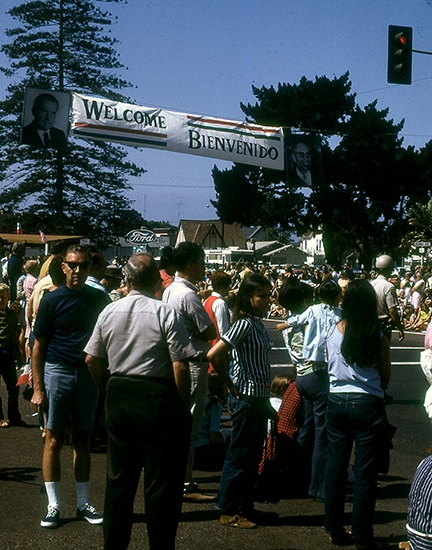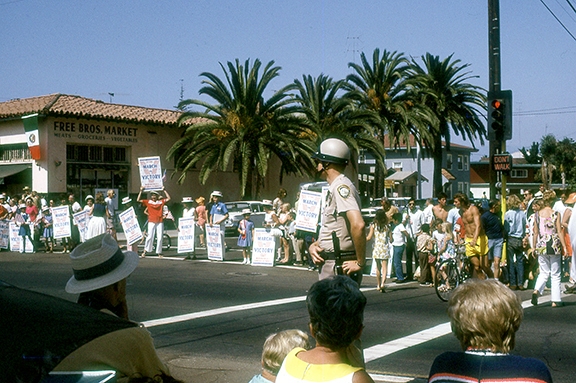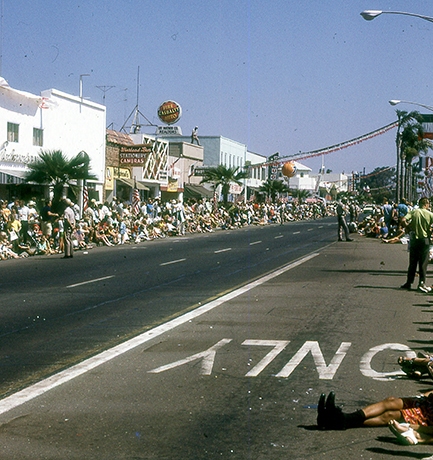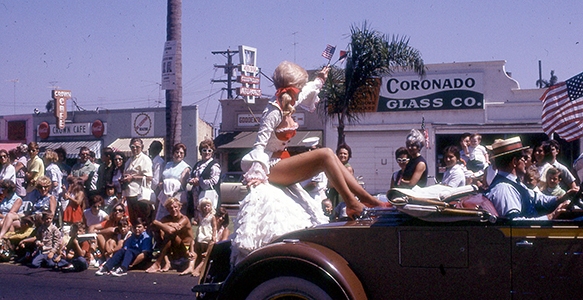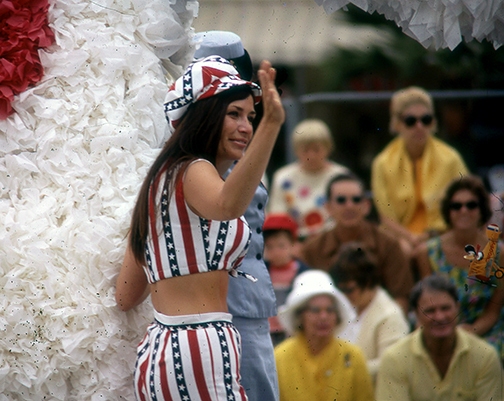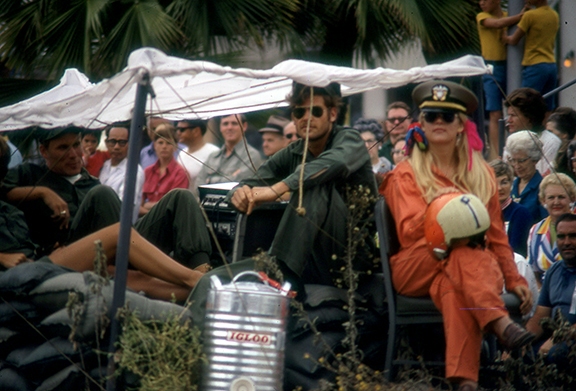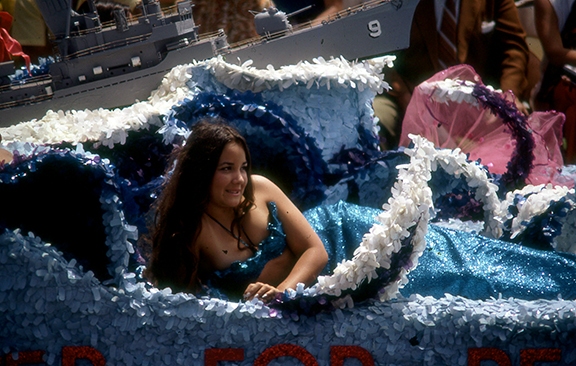National and international events 50 years ago.
A chartered airplane carrying 14 members of the Wichita State football team and its head coach crashed into 12,447-foot-high Mount Trelease in Colorado on October 2, killing 32 of the 40 people onboard, including the Wichita State contingent. They were flying to a game against Utah State the following day. Twenty-three team members were on a second plane that made the trip safely.

Janis Joplin was found dead on October 4 in her room in a Hollywood hotel. She died at age 27 from an overdose of drugs.
The Public Broadcasting System (PBS) began broadcasting October 5 as successor to National Educational Television.
Soviet writer Aleksandr Solzhenitsyn was awarded the Nobel Prize in Literature on October 8. The Soviet government did not allow Solzhenitsyn to leave the country to receive the award.
On October 12, President Richard Nixon announced that an additional 40,000 American troops would be withdrawn before Christmas.
Canadian Prime Minister Pierre Trudeau announced on October 16 the only peacetime state of emergency in that nation’s history, outlawing the Quebec Liberation Front (FLQ). The act permitted civil rights to be suspended for six months and sent additional military forces into Quebec. The next day, Quebec Labor Minister Pierre Laporte, kidnapped a week earlier by the FLQ, was murdered by his captors. His body was found in the trunk of a car at an airport near Montreal.
The North Tower of the World Trade Center became the tallest building on earth at 2:51 pm ET on October 20 when a piece of framework was added, bringing the height to 1,254 feet, topping the Empire State Building’s 1,250 feet.

Muhammad Ali, stripped of his title as world heavyweight boxing champion because of his refusal to enter military service, began his comeback on October 26 with a technical knockout of Jerry Quarry in the third round in Atlanta, Ga.
Doonesbury, a politically-themed comic by Garry Trudeau, made its debut in 25 newspapers on October 26.


